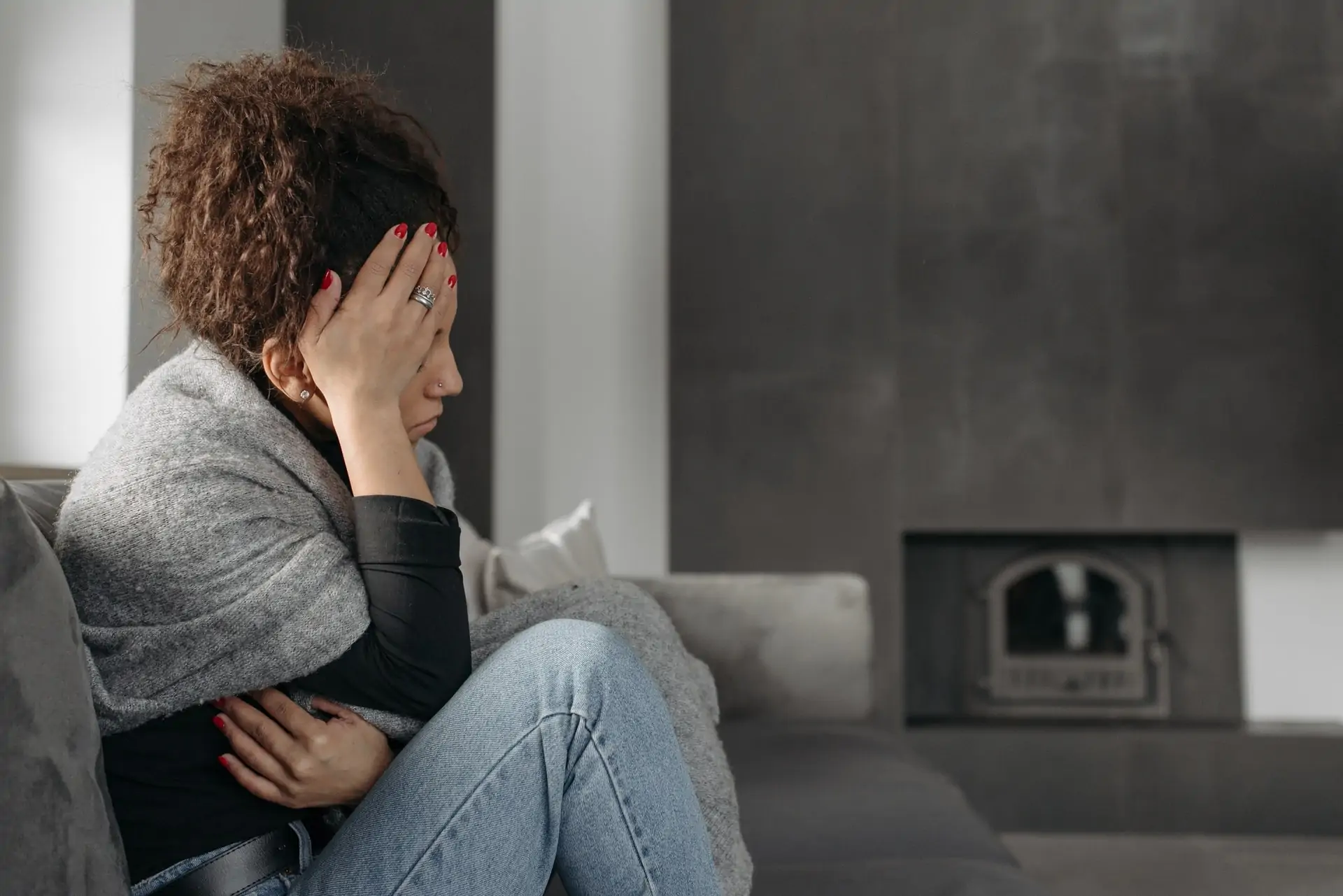
Opioids, Withdrawal Symptoms and MAT
Opiates or opioids are narcotic drugs that are both prescribed legally and sold on the street. These classes of medications include prescription drugs such as Codeine, Oxycontin, and fentanyl. Many of these drugs are also sold as pills on the street. For example, heroin is a street drug that is also an opioid. People with opioid use disorder (oud) or addiction will usually be heavy users who experience withdrawal symptoms when they aren’t using the drug. Medication-Assisted Treatment (MAT) is an important tool for success in recovery.
Why do people go into withdrawal? When a person uses opioids regularly, their body develops a tolerance. When a regular or heavy opioid user tries to stop or cut back, they will experience withdrawal symptoms. These symptoms can be painful and uncomfortable. Sometimes they can be dangerous.
Withdrawal symptoms are one of the top reasons people with opioid use disorder have trouble getting sober.
Withdrawal Symptoms and Medication-Assisted Treatment
Most people who have OUD experience withdrawal symptoms within 12-24 hours of the last time they got high. Some common withdrawal symptoms include fever and chills, stomachache, nausea, and bone pain. Some people may experience more severe symptoms such as seizures or elevated blood pressure.
When a person decides to use Medication-Assisted Treatment such as Suboxone, they should be monitored while detoxing.
Clinicians can make sure that a client is made as comfortable as possible. Many over-the-counter medications can help make a difference.
The Role of Medication-Assisted Treatment
Medication-Assisted Treatment helps ease withdrawal symptoms, especially cravings that come with short-term abstinence from opioids. However, people who use MAT to get clean usually need other tools to help them achieve long-term recovery.
MAT is usually part of an overall treatment plan that can help people avoid relapse and retake control of their lives.
If you’re new to recovery, try out the resources you’re offered. Give yourself a chance. Most people benefit from peer support groups like Alcoholics Anonymous or Narcotics Anonymous.
One-on-one therapy or an outpatient or inpatient treatment program can also help you learn new coping skills to help you excel in the world without using a substance. There is no one-size-fits-all strategy for recovery.
Getting Help for Addiction
Staying clean from opioids can help you get what you want out of life. You deserve to give yourself a chance. Call us to learn more about MAT and how we can help at 910-295-7246.
If you are in need of help, please call us at: 910-295-7246 or message us.
Categories
opioids
